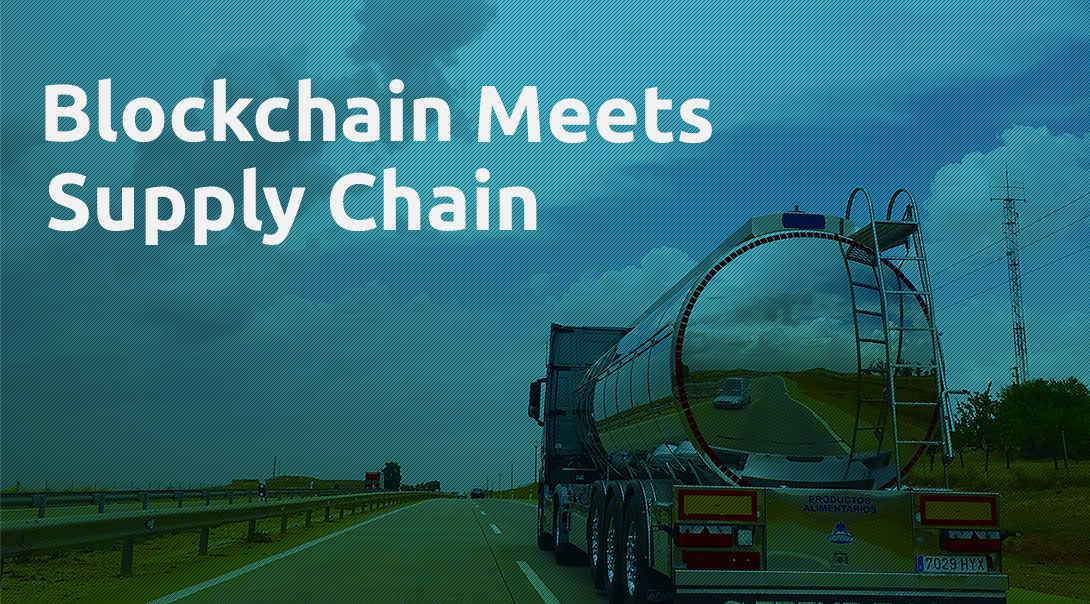Supply chain management is a common – and critical – topic among CIOs. The supply chain has grown faster than business, with chains being fragmented and geographically dispersed. Add into that the lack of transparency due to isolated systems and siloed data, and it’s no wonder that the B2B supply chain has bubbled up to the critical list for IT leaders.
Enter a new and interesting potential tool in IT’s tool chest – blockchain. Blockchain’s feature set checks off some of the biggest challenges facing B2B organizations today. Namely, understanding the full scope of a product’s path to market in a transparent, secure, and immutable way.
Isn’t Blockchain a Payment Method?
Blockchain is frequently conflated with bitcoin, and that makes sense. The underlying architecture for bitcoin is blockchain. But they are different.
Blockchain, at its base, is all about the ledger. Blockchain’s ledger is globally available, distributed, and cryptographically signed. Let’s unpack that a little further.
The ledger isn’t centrally located. In other words, it doesn’t sit in a single place, but instead, is kept on the systems of all that are part of the blockchain. These distributed copies validate against one another often, so if one is changed, say, by a hacker, the others will have valid copies of the ledger to compare to.
The value of this is that the ledger becomes virtually incorruptible. A hacker would have to overwhelm the entire blockchain network to make even a single change.
Each entry contains a hash of the previous entry, the public key digital signature of the recipient, and the private key digital signature of the signer. This way, it’s next to impossible for anyone to change or hide their activity in the chain.
Bitcoin uses blockchain at its core. But bitcoin, or any other cryptocurrency, is only one application of the blockchain. Because the ledger can hold nearly any digital asset, including data and documents, it has significant value across applications, including the supply chain.
Supply Chain Applications of Blockchain
One of the potential values that blockchain has is in supply chain management. Products and materials can be traced from their source all the way through to the final, consumer-ready product, including production, shipping, and delivery.
Going outside of the existing financial applications, for instance, Walmart recently instituted a blockchain supply management test and proof of concept. For four months, starting at the beginning of 2017, the big box retailer is testing the use of blockchain to track pork in China and produce in the United States.
The goal of the project is two-fold. First, to understand the value blockchain can have outside of financial applications for Walmart, and, second, to enhance the safety of food to consumers through the transparency and efficiency blockchain offers.
Tracing food products from source to table is only one of the uses of blockchain to enhance supply chain processes. Businesses will be able to understand the speed of production of products, inefficiencies identified, and even payments made automatically through the use of smart contracts.
ESB, APIs, and Blockchain
Blockchain doesn’t use new technology. Instead, it’s built upon existing technology, and much of that technology exists as part of the blockchain network, not with the blockchain client itself. This is another reason why blockchain becomes attractive as a traceable and accountable system for the supply chain.
But without different technology, companies can be faced with some of the same issues that they have in their current B2B supply chains. Namely, they need to be able to access the data internally and across their trade partnerships through integrations.
But because the technology isn’t new and untried, organizations already have the tools available to them to integrate the data from the blockchain with their enterprise systems.
Many blockchain implementations are already equipped with APIs, providing an interface for communication between the blockchain and the subscribers.
A simplified API could be created further abstracting the complexities of the blockchain and its requirements to internal systems. This makes the data available to systems such as internal databases, CRM, data warehouse, ERPs, and cloud services through an organization’s Enterprise Service Bus (ESB).
This combination of blockchain, ESB, and APIs makes blockchain a viable solution for businesses without excessive overhead. For organizations that have already adopted an API-led connectivity model, blockchain has the potential to be nearly plug-and-play.
Blockchain has moved far beyond its beginnings as a means of accountable and traceable transferring of funds. As an underlying architecture centering on a distributed, globally available ledger, blockchain may prove to be the next evolution in B2B supply chain management, one that can leverage existing technologies, like ESB and APIs, to improve the quality and the speed of an organization’s supply chain.
If you’d like to understand ways that you can modernize your B2B supply chain, contact us at [email protected].







Nice answers in return of this question with genuine arguments and telling
all regarding that.